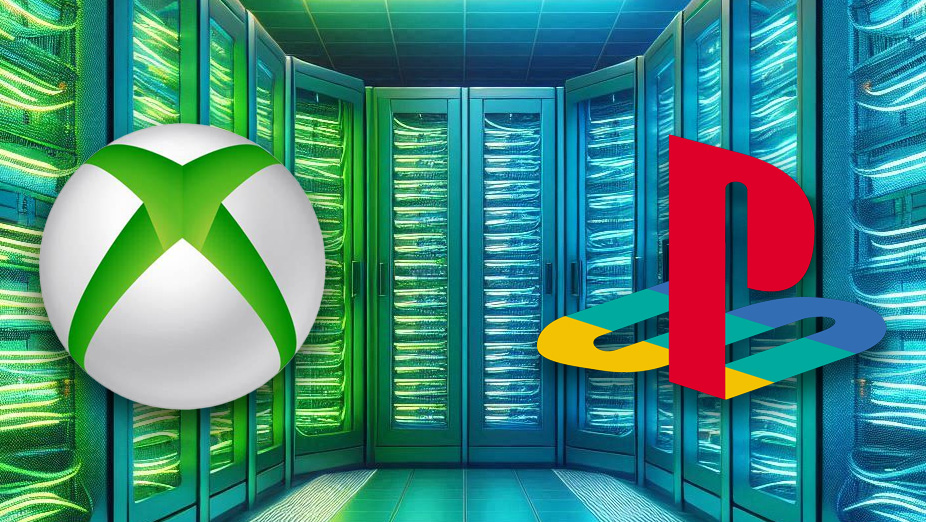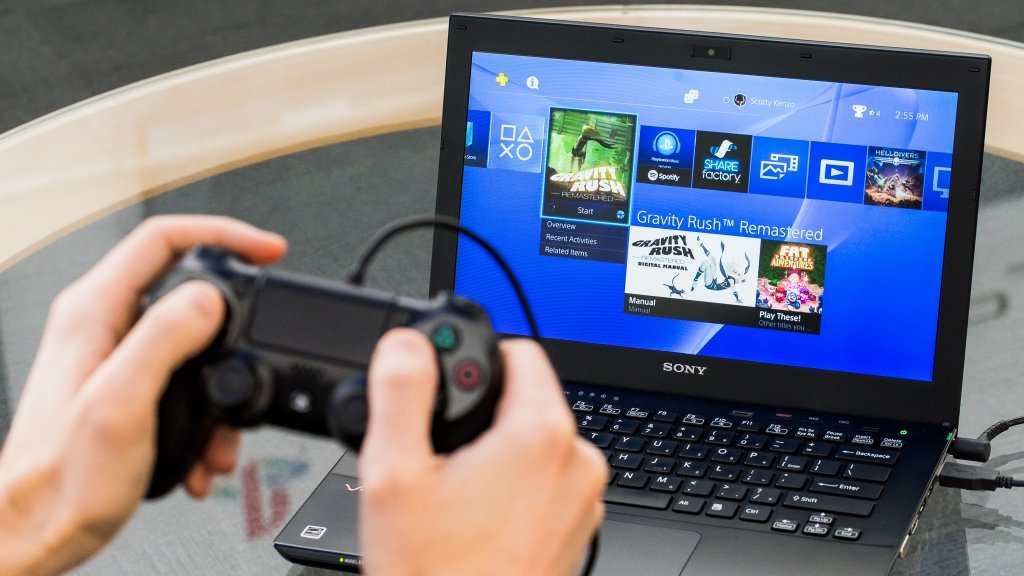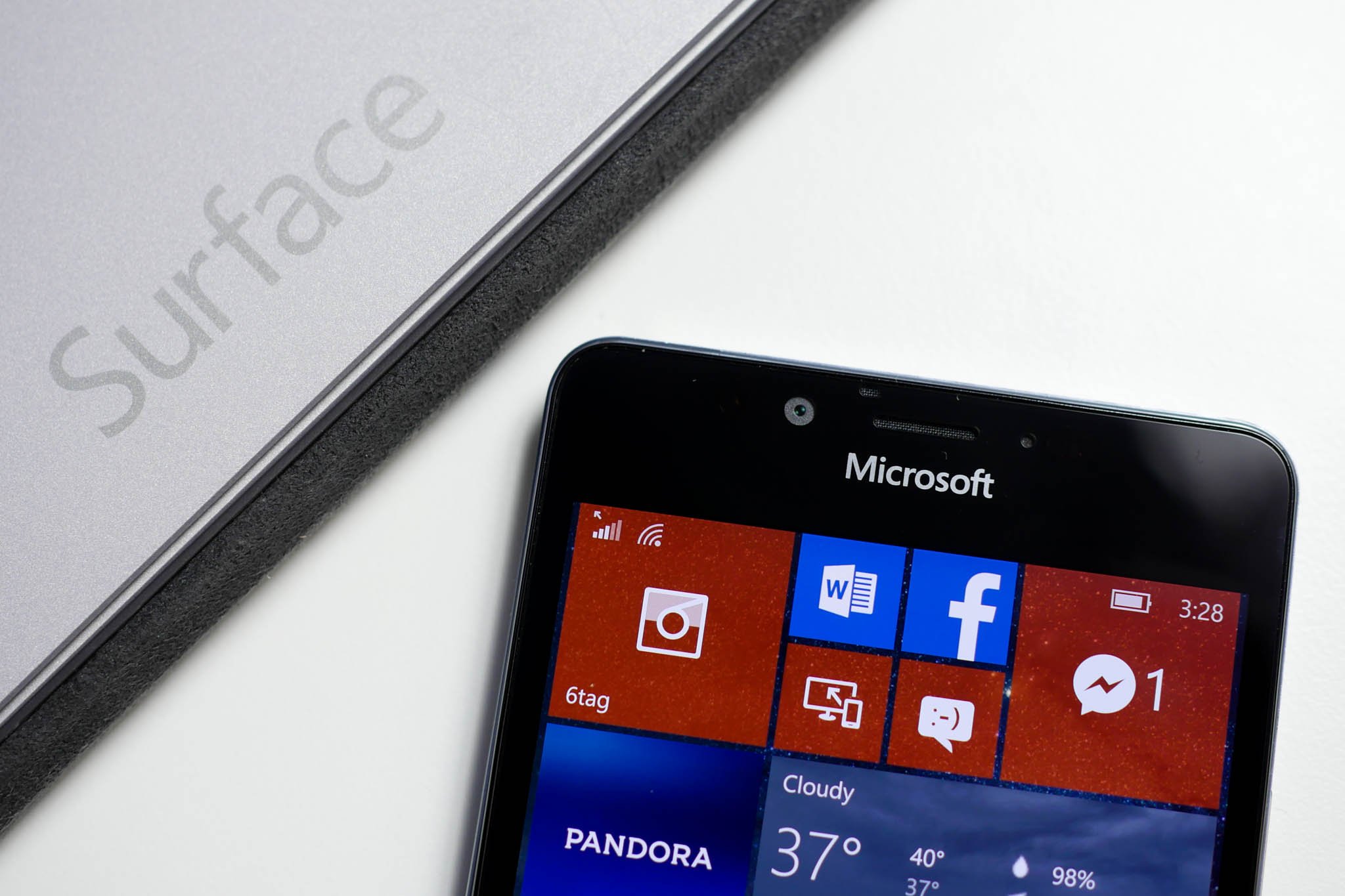
During the weekend, the PlayStation Network experienced an outage that lasted approximately 18 hours. This disruption prevented users from accessing games such as Helldivers 2 and Destiny, which are owned by PlayStation, as well as online multiplayer titles on PlayStation 4 and 5 systems.
The prolonged outage brought back memories of the extensive downtime experienced during the 2011 PlayStation Network hack on the PlayStation 3, which lasted more than just a few hours. Today, such widespread downtimes are generally rare, but this incident served as a stark reminder of some potential drawbacks when almost all gaming shifts towards cloud-based platforms.
From my perspective, it’s not uncommon for online networks to experience downtime occasionally, including PSN which is quite resilient these days. Yet, the occasional outages serve as a stark reminder of one of the potential pitfalls in Microsoft’s current gaming approach. It appears that Xbox is leaning towards downplaying its own console ecosystem in favor of broader platforms such as PlayStation, Steam, and to some extent, mobile platforms like iOS and Android.
What happens when you put all your eggs into one basket?

From a broader perspective, an outage lasting more than half a day on PSN isn’t terribly significant. However, imagine if the service were to be down for weeks, as it was back in 2011. That would certainly make a difference.
The hack on the PlayStation Network (PSN) back then likely benefited Microsoft greatly, helping establish its reputation as the leading online gaming platform. While I believe this viewpoint remains valid today, it’s important to note that PSN has significantly improved since then and is now comparable to Xbox Live in terms of reliability. However, if either service goes down in 2025, it would cause just as much inconvenience for PlayStation users as it would for Xbox users.
In contrast to previous generations, gamers appear less likely to switch between platforms, finding themselves “digitally tethered” to the ecosystem they initially selected during the PS4/Xbox One era. However, first-time console buyers who are maturing or parents shopping for their kids often have a choice among the major players. With few resources for a high-performance PC gaming setup at their disposal, the majority of users today are opting for PlayStation. Xbox lost the console race, largely due to self-inflicted wounds, but instead of battling back and rebuilding, they’re gradually surrendering and considering alternative tactics.
One approach infamously involves releasing Xbox exclusive games on PlayStation to attract new customers. Additionally, they acquired Activision-Blizzard-King, gaining control over some of the world’s most popular franchises such as Call of Duty and Candy Crush Saga. Consequently, a significant portion of Xbox’s revenue now comes from sales on other platforms instead of just Xbox. This could be seen as ironic since this strategy was intended to boost Xbox sales.
It’s clear that Steam, PlayStation, iOS, and Android earn significantly more money compared to Xbox, with PSN’s downtime potentially costing service game companies hundreds of millions, maybe even billions, during the 18-hour outage. The inability for users to buy microtransactions or access online services would have a far greater impact on Xbox’s revenue than before the Activision-Blizzard acquisition. Most Call of Duty sessions still occur on PlayStation, leaving Xbox at a disadvantage. However, since Call of Duty is also available on Steam and other platforms, it partially mitigates the potential losses. But imagine if Xbox decided to discontinue its entire first-party ecosystem; this could lead to a situation similar to what Microsoft currently experiences with its software on mobile devices.
This is what happens

Essentially, Microsoft finds itself in a position where it must humbly ask for small portions from Google’s and Apple’s ecosystems to grow on mobile devices due to its inability to establish default services across any phone platform. As a result, Microsoft Edge holds a minuscule 5.2% market share, while Bing manages a meager 3.9%. (Statistics from StatCounter)
In simpler terms, Satya Nadella, Microsoft’s CEO, acknowledged that abandoning Windows Phone was a regrettable move, and they seem to be struggling with the consequences more than ever in 2025. With AI services becoming increasingly common, platforms like ChatGPT, Google Gemini, and Apple Intelligence are leading the pack, while Microsoft Copilot is mainly talked about on specialized websites such as ours. If Microsoft had a consumer-focused device, say a phone with a camera and microphone, to demonstrate the capabilities of generative AI more effectively, I believe Microsoft Copilot would be in a much better position to claim that profitable “default” status enjoyed by Chrome, Safari, Google, and even Windows. However, having the ability to set defaults on Windows 11 hasn’t significantly improved its performance recently.
In summary, I have my doubts that Microsoft will lead the way in making AI features popular among consumers. You might wonder, how does this relate to Xbox? It’s not difficult to envision and infer from the previous discussion what could transpire if Xbox allowed its own self-sustaining ecosystems to wither away. If Xbox were to lose control over featuring their own games without incurring additional costs, find themselves subordinate to Sony and Steam’s closed marketplace algorithms, or turn into a rival instead of an ally for third-party publishers – all these situations would make it crucial for Microsoft to make more efforts to keep Xbox relevant in the long run.
According to reports I’m currently looking into, Microsoft continues to back Xbox hardware development, with potential new-generation devices slated for release around 2027. However, it’s unclear whether their top management focuses on long-term goals or just short-term gains, a perception strengthened by the demise of Windows Phone and even their Android phones like the Surface Duo.
Read More
- Gold Rate Forecast
- PI PREDICTION. PI cryptocurrency
- Masters Toronto 2025: Everything You Need to Know
- Mission: Impossible 8 Reveals Shocking Truth But Leaves Fans with Unanswered Questions!
- SteelSeries reveals new Arctis Nova 3 Wireless headset series for Xbox, PlayStation, Nintendo Switch, and PC
- WCT PREDICTION. WCT cryptocurrency
- LPT PREDICTION. LPT cryptocurrency
- Eddie Murphy Reveals the Role That Defines His Hollywood Career
- Guide: 18 PS5, PS4 Games You Should Buy in PS Store’s Extended Play Sale
- Elden Ring Nightreign Recluse guide and abilities explained
2025-02-10 13:39